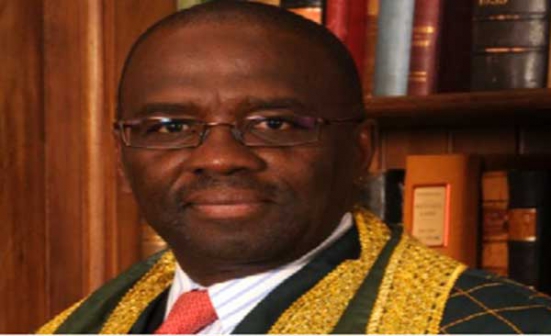×
The Standard e-Paper
Stay Informed, Even Offline

By the end of the day today, the country will not only have a shell of a Supreme Court but also a headless Judiciary.
That the third arm of government can have a departure of three senior judges in the country, is itself unprecedented.